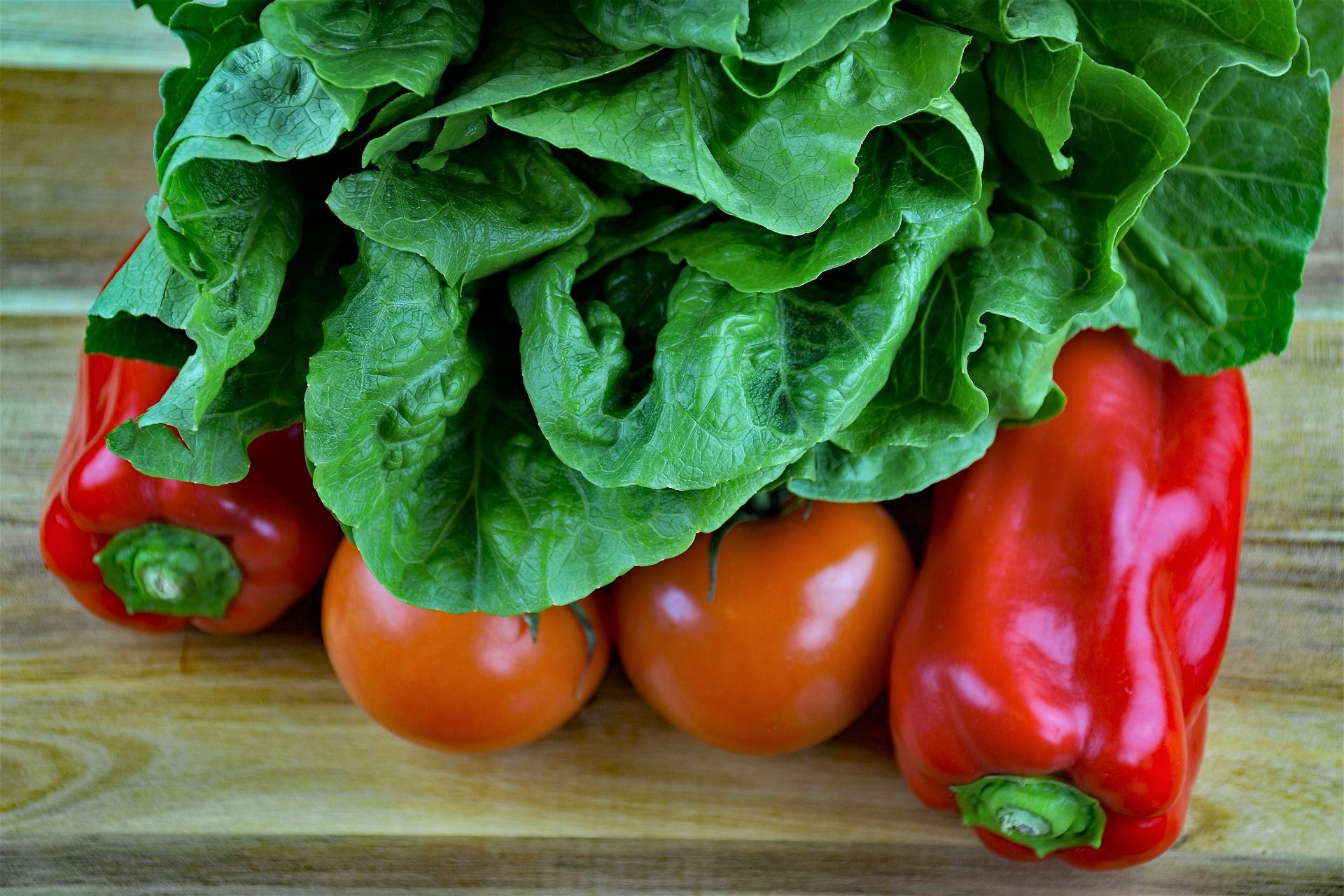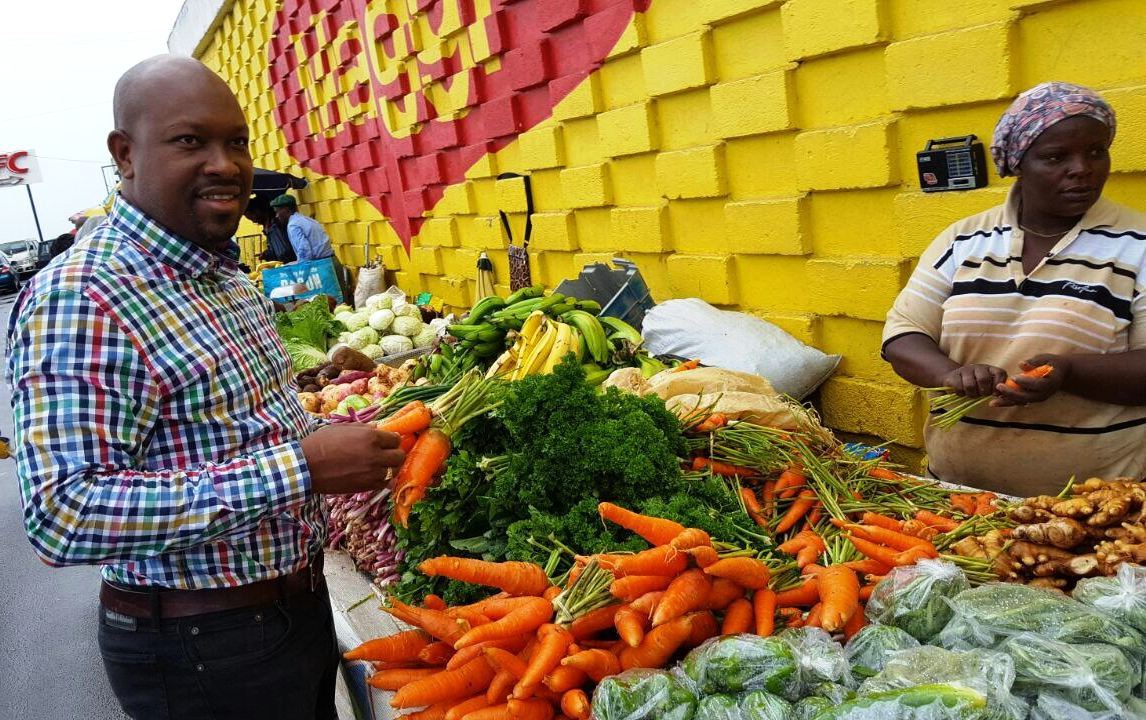SVG To Launch COVID-19 Food Security And Impact Mitigation Plan
Article Courtesy News784
Global food systems have been severely disrupted by the spread of the COVID-19 pandemic.
St. Vincent and the Grenadines (SVG) has already seen its exports of live lobsters by Bequia Seafoods, a major exporter, grind to a halt. This is as a result of interruptions in air transport between the United States of America and Hong Kong.
Rainforest Seafoods has also postponed the scheduled groundbreaking of a multi-million dollar state of the art processing plant in Calliaqua due to the pandemic. However, construction continues in an attempt to meet the 2020 scheduled date for opening.
The restriction of the movement of goods and people between Europe and the United States of America and between other countries and China will certainly create a spatial scarcity of food and possible inflation in food prices. How will this affect SVG, the OECS and CARICOM Member States?
The Ministry of Agriculture, Forestry, Fisheries, Rural Transformation, Industry and Labour, yesterday concluded its second day of meetings to craft the COVID-19 Food Security and Impact Mitigation Plan. The document will be sent for the consideration of Cabinet today, on Friday 13th March, 2020 and subsequent approval.
Hon. Saboto Caesar, in an interview, noted that,
“St. Vincent and the Grenadines has a robust food production platform, which will bolster internal food supply systems should food import availability become compromised.”
The Minister, without detailing the plan, noted that,
“The country can expect an intensification in the production of a basket of commodities which will mature between 4 – 12 weeks. The Green House Park in Montreal will increase production to move into maximum capacity."
"We will increase our monthly targets for 2020 budgeted areas, and simply intensify production over the upcoming days. The Orange Hill Biotechnology Institute, for example, has already increased seedling production of tomatoes, sweet peppers, lettuce and cabbage, others will be added in the coming days.”
Central to the functioning of the plan is the administrative role of the Internal Food Security Council (IFSC) – expected to be comprised of senior technicians in the Ministry of Agriculture, Fisheries, and Forestry, and commercial stakeholders in the value chain.
The plan is expected to touch from backyard gardening to commercial-scale production. In a recent address by Minister Caesar, at the prize-giving ceremony of the National School Gardening Competition, he invited all agriculture science teachers to actively partner with the Ministry of Agriculture to further build the island’s food production capacity.
Last week the country exported cattle and pigs to Grenada; root crops, plantains and bananas to Trinidad and Tobago, Barbados, the British Virgin Islands, and the Leeward Islands. Coconut water is also a growing export from SVG to several islands in the OECS.
The Minister concluded the meeting by thanking stakeholders and staff for assisting in the drafting of the plan. He has asked farmers and fishers to redouble their efforts in production to ensure that the island maintains high levels of food security.

